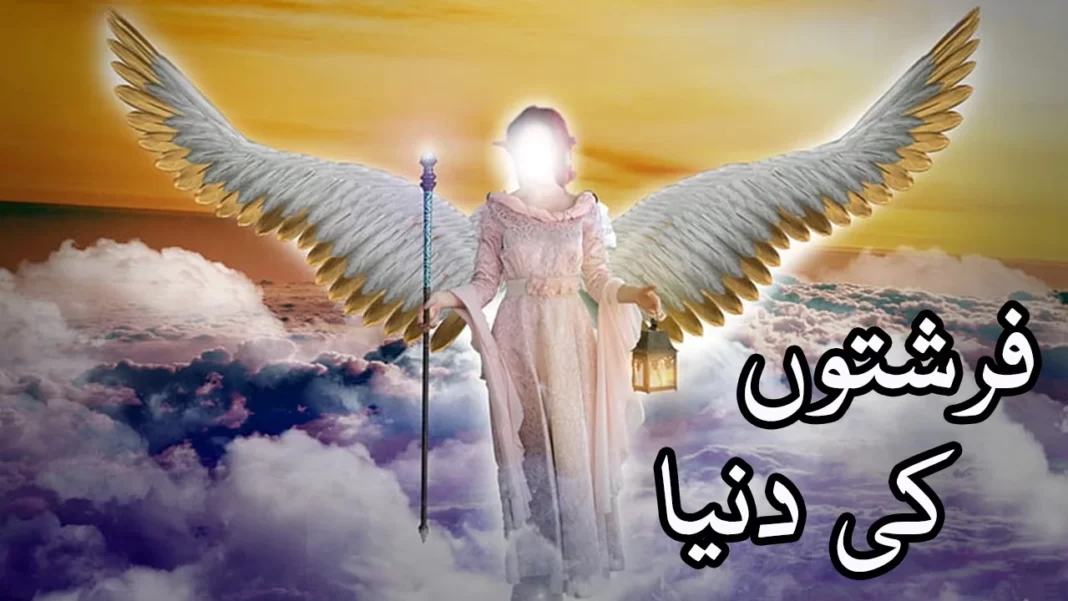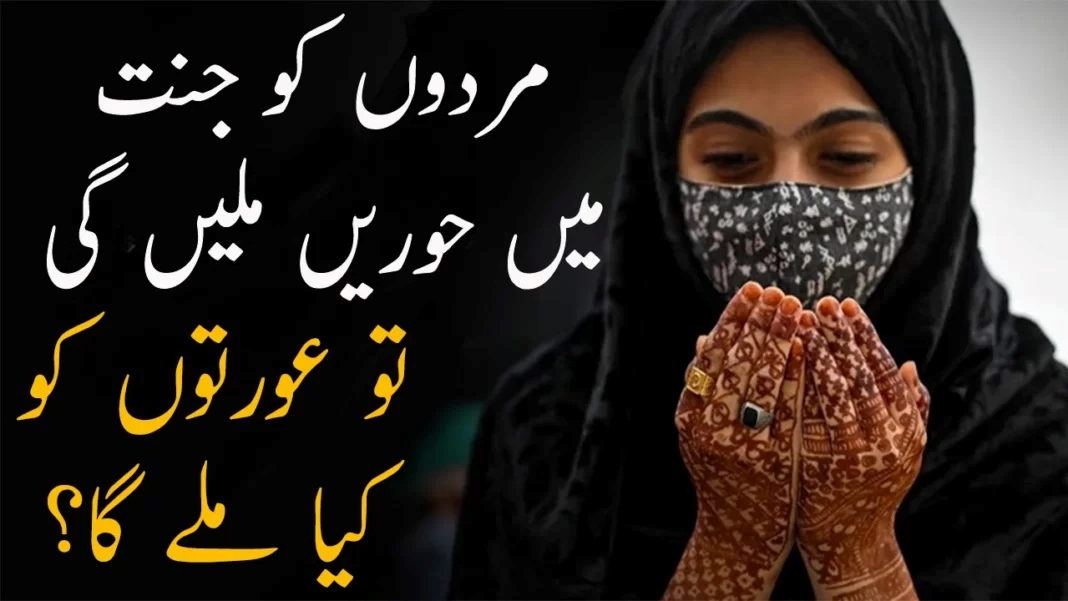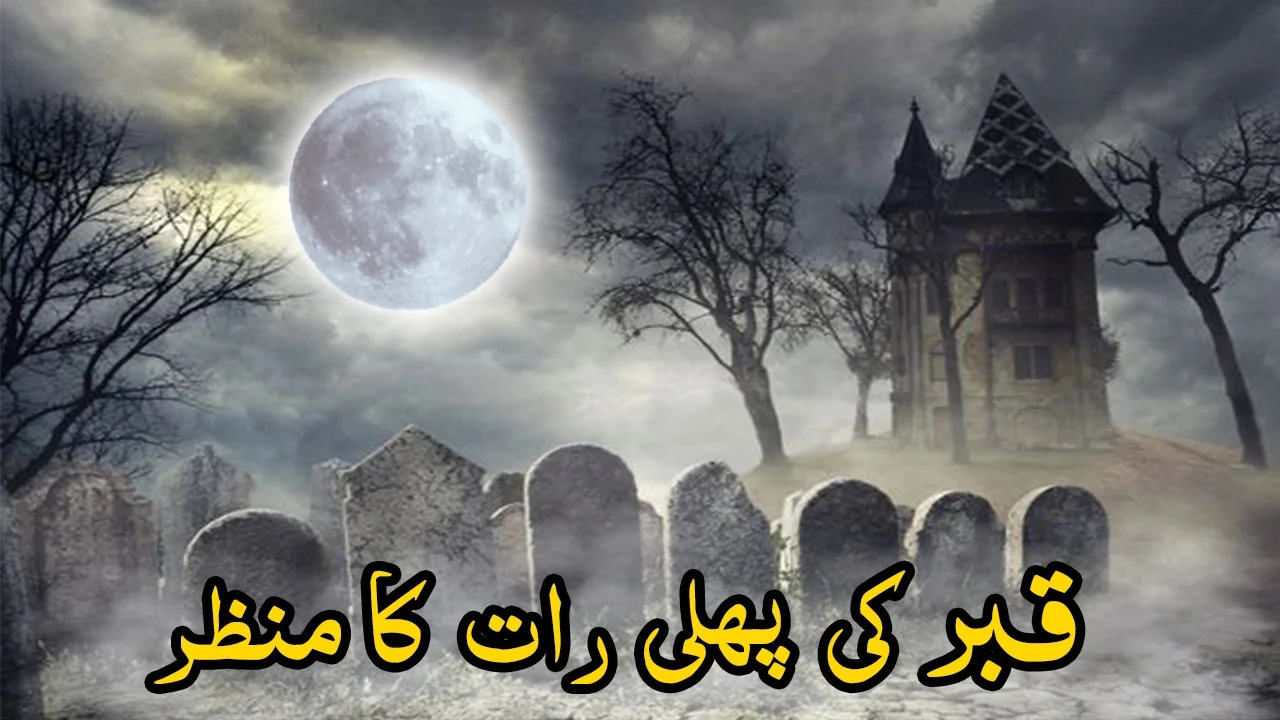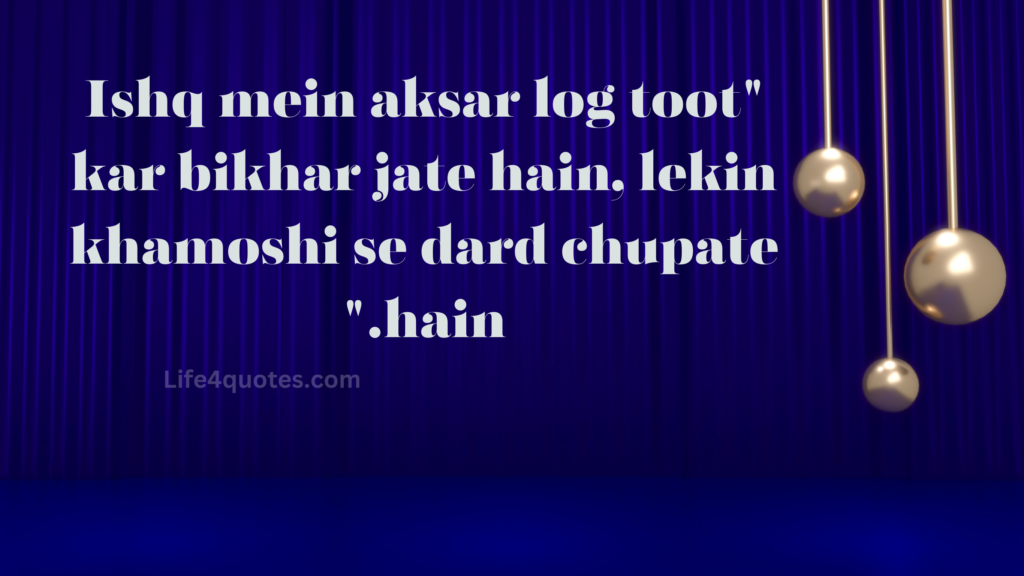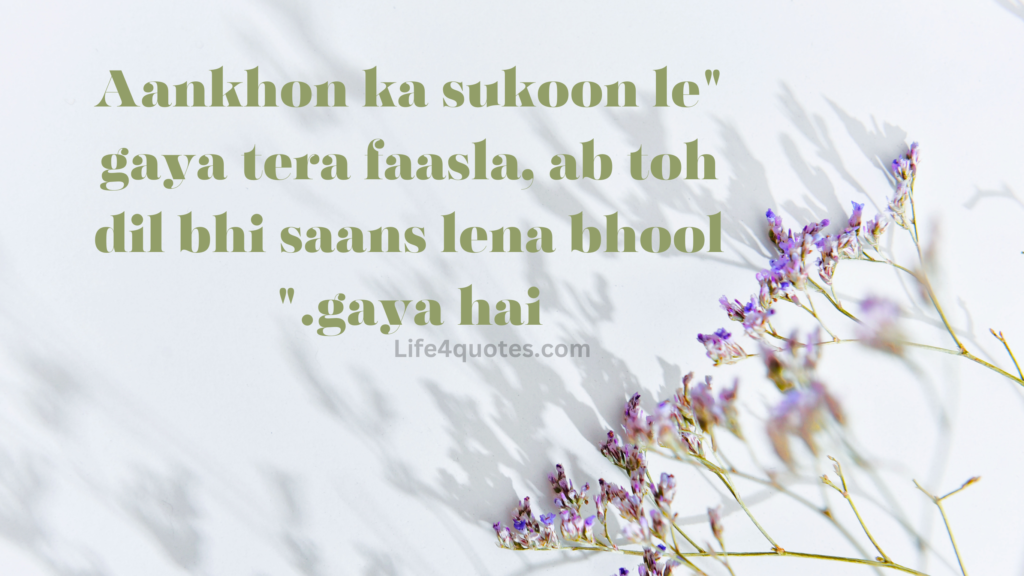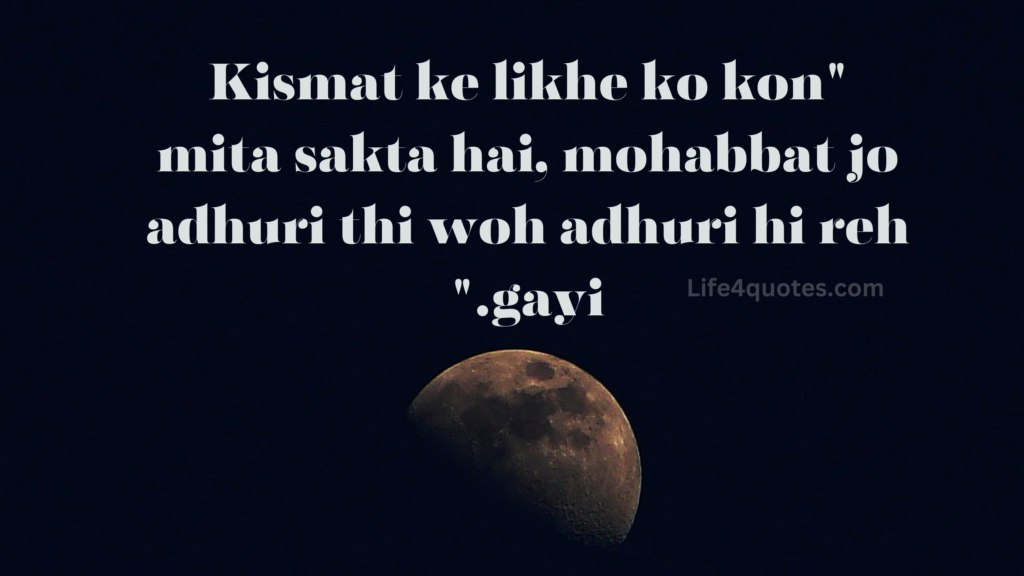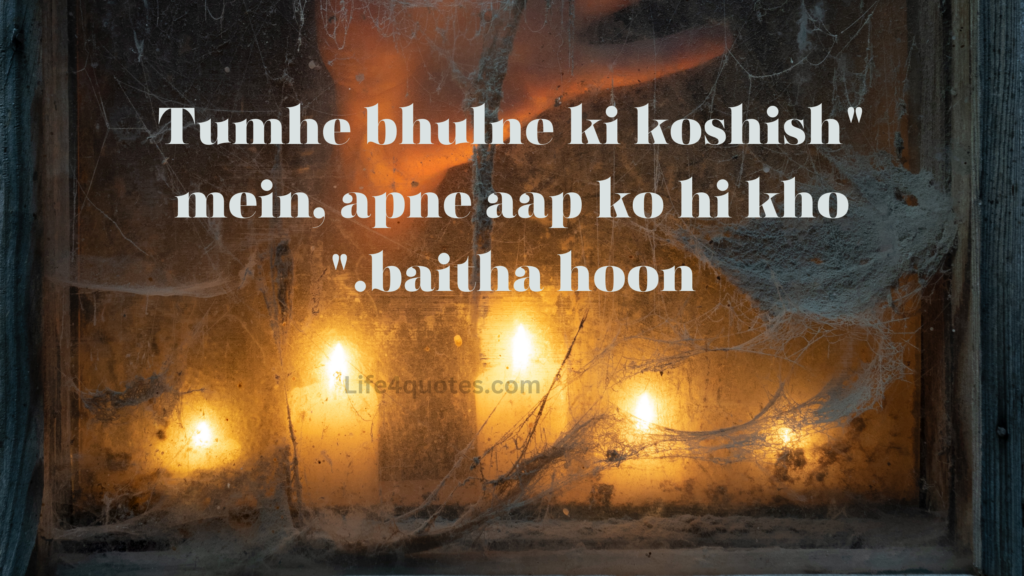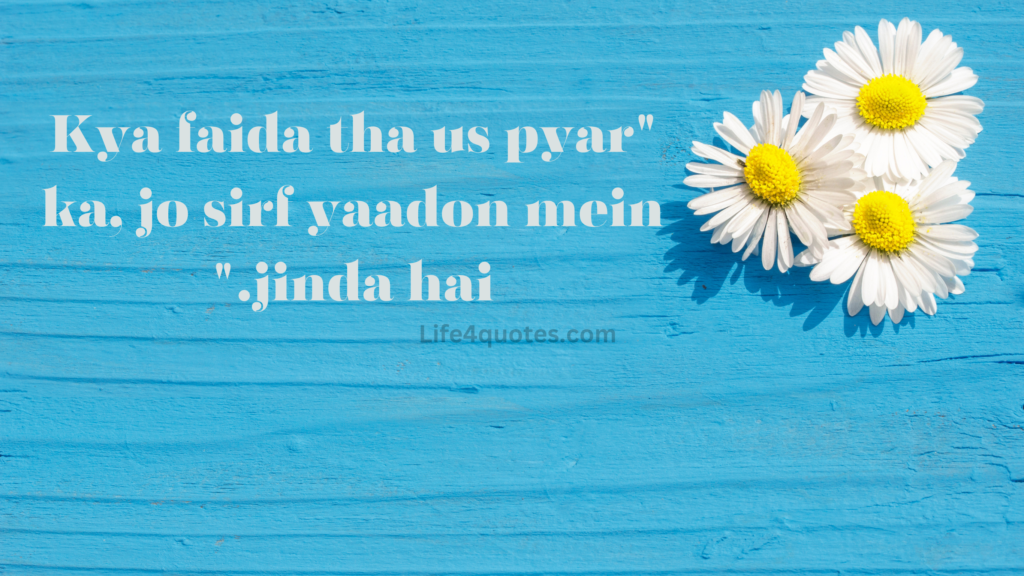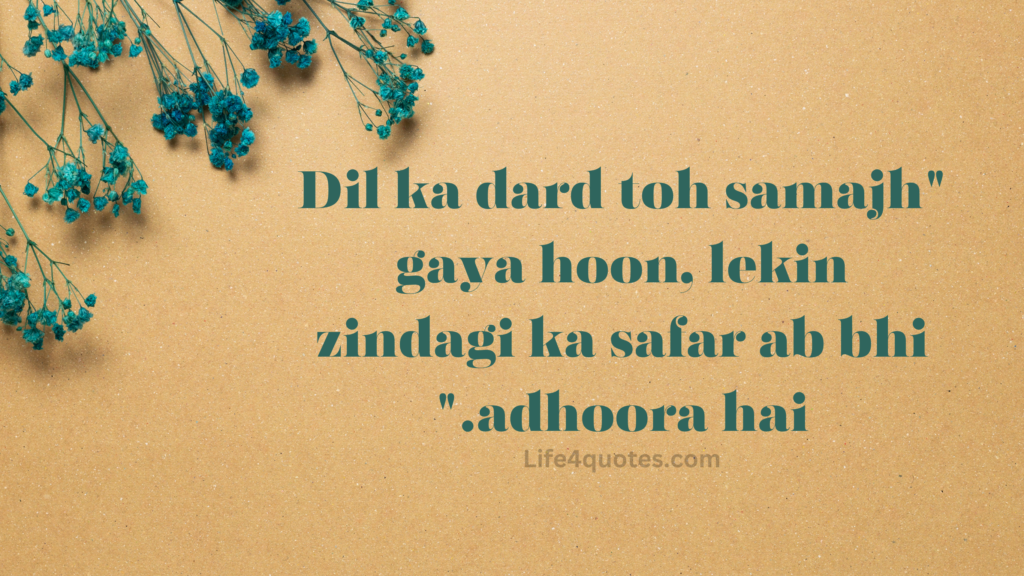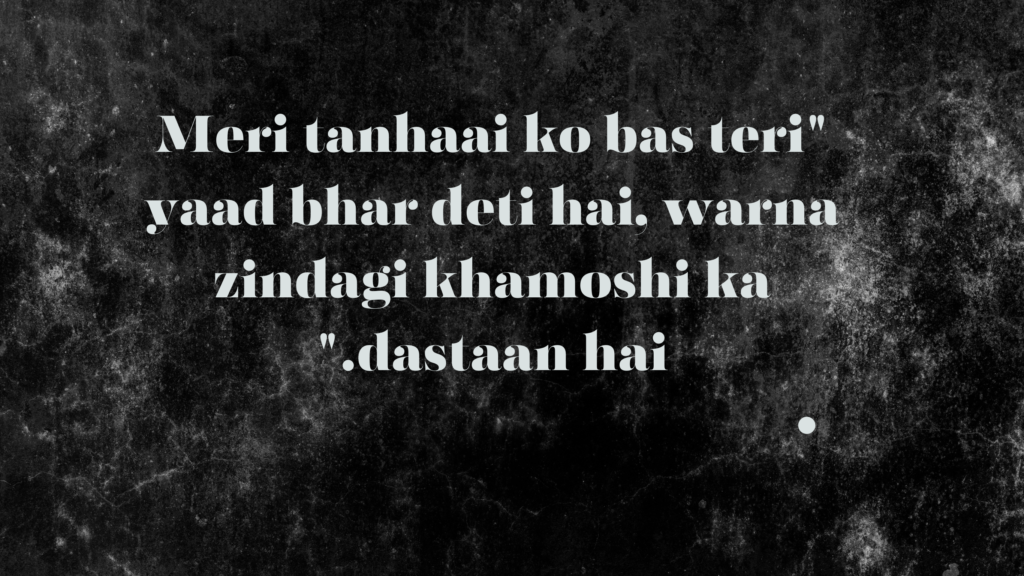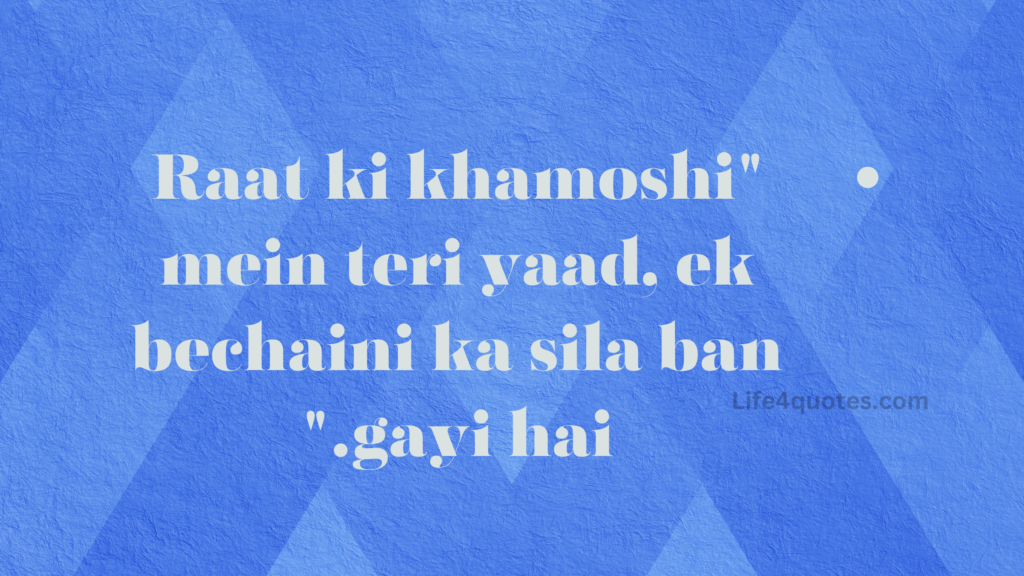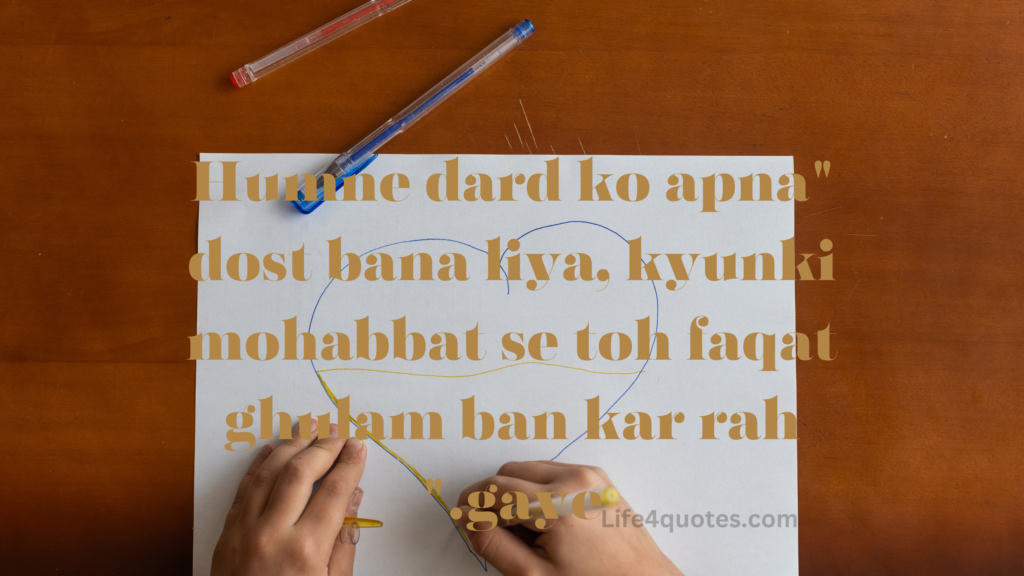“Ishq mein aksar log toot kar bikhar jate hain, lekin khamoshi se dard chupate hain.”
“Waqt ne chura liya har wo lamha, jo kabhi teri yaadon ka hissah tha.”
“Aankhon ka sukoon le gaya tera faasla, ab toh dil bhi saans lena bhool gaya hai.”
“Kismat ke likhe ko kon mita sakta hai, mohabbat jo adhuri thi woh adhuri hi reh gayi.”
“Har aansoo mein teri tasveer dekh kar, apne dil ko bas tasalli deta hoon.”
“Tumhe bhulne ki koshish mein, apne aap ko hi kho baitha hoon.”
“Kya faida tha us pyar ka, jo sirf yaadon mein jinda hai.”
“Dil ka dard toh samajh gaya hoon, lekin zindagi ka safar ab bhi adhoora hai.”
“Meri tanhaai ko bas teri yaad bhar deti hai, warna zindagi khamoshi ka dastaan hai.”
“Raat ki khamoshi mein teri yaad, ek bechaini ka sila ban gayi hai.”
“Humne dard ko apna dost bana liya, kyunki mohabbat se toh faqat ghulam ban kar rah gaye.”
The Depth of Sadness and the Solitude of Heartbreak
Sadness is a complex and universal human experience, something every person faces at some point in life. Whether it stems from the loss of a loved one, unfulfilled dreams, or the slow fading of relationships, the pain it carries runs deep, touching the soul in profound ways.
In Urdu poetry, sadness, or gham, often finds a raw and poignant expression. The language’s inherent lyrical quality makes it ideal for conveying emotions that words often struggle to capture. Heartbreak, in particular, has been immortalized in countless verses, serving as a mirror to the pain we silently carry within ourselves.
When Loved Ones Become Strangers
One of the saddest realities of life is the feeling of growing distant from those we once held close. It’s a slow, almost imperceptible shift. One day, the person who knew your every secret suddenly becomes a stranger. You wonder when things began to change, but there are no clear answers—just a hollow feeling of loss. As the quote says, “Dil ki duniya bhi ajnabi si lagti hai, jab apne hi begane ho jate hain.” (“The heart’s world feels foreign when those close turn into strangers.”)
The Pain of Unrequited Love
Unrequited love or love that remains unfulfilled leaves an indelible scar. No matter how much we may try to let go, the heart clings to memories of what could have been. In such moments, time seems to slow down, and every little reminder brings back a wave of grief. As one poet expresses, “Mohabbat toh hui thi, lekin manjil hum dono ke liye alag thi.” (“Love happened, but our destinations were different.”) This quote captures the tragedy of two souls who loved but could never truly be together.
The Loneliness of Distance
Sometimes, distance doesn’t just refer to physical space but emotional detachment. When someone you love drifts away, the heart feels an unbearable weight of isolation. Even in crowded rooms, even when surrounded by friends and family, there’s a sense of being utterly alone. As the quote beautifully articulates, “Aankhon ka sukoon le gaya tera faasla, ab toh dil bhi saans lena bhool gaya hai.” (“The peace in my eyes disappeared with your distance, now even my heart forgets to breathe.”)
Carrying Pain Silently
Often, those who seem the strongest are the ones who carry the heaviest burdens of pain. They smile, they laugh, and they go about their day as if nothing is wrong, but deep inside, they are weighed down by heartache. The pain, however, is not always visible; it lives in silence. As one poet poignantly notes, “Chup rehkar dard sehna, meri kismat ka hissa ban gaya hai.” (“Bearing pain in silence has become part of my fate.”)
The Memories that Haunt
Heartbreak leaves us with memories that never fade. These memories, once sources of joy, now become painful reminders of a time that no longer exists. We hold onto them because they’re all we have left, but they often do more harm than good. “Tumhe bhulne ki koshish mein, apne aap ko hi kho baitha hoon.” (“In trying to forget you, I lost myself.”) This captures the idea that in trying to move on from someone, we often lose parts of ourselves, too.
The Quiet Solitude of Heartbreak
Heartbreak, at its core, is a solitary experience. No matter how many people surround you, no one can truly understand the depth of your grief. It’s a journey you walk alone, navigating the twists and turns of your emotions. The nights feel longer, and even the smallest of things can trigger a flood of memories. As the quote reminds us, “Raat ki khamoshi mein teri yaad, ek bechaini ka sila ban gayi hai.” (“In the silence of the night, your memory has become a source of restlessness.”)
Conclusion: Finding Strength in Sadness
While sadness and heartbreak can be overwhelming, they also serve as profound teachers. Through pain, we learn about our own resilience. Every tear sheds a layer of our vulnerability, and every sorrowful night teaches us the value of hope. Urdu poetry reflects this beautifully—it doesn’t just dwell on despair but also on the quiet strength that emerges from it.
In the end, it is the heart’s ability to endure pain that makes it stronger. And though sadness may be a part of life, it also opens the door to healing and renewal.





